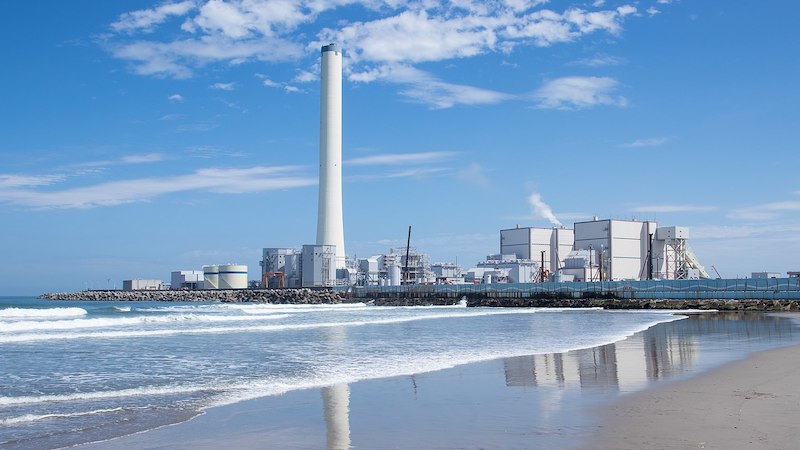The G7 group of big, rich countries has failed to agree on a date by which they will stop making electricity with coal.
At the G7 environment ministers meeting in the Japanese city of Sapporo, the United Kingdom and Canada wanted to “set a 2030 date for completing the goal of an accelerated phase-out of domestic unabated coal power generation”.
According to an annotated draft seen by newsmen, France accepted this but they were opposed by Japan, the United States and the European Union.
Read Also: LGIM joins forces with US investor to challenge ExxonMobil’s climate plans
In the final 36-page communique, environment ministers said they would prioritise “concrete and timely steps towards the goal of accelerating the phase-out of domestic unabated coal power generation”. But they stopped short of setting a specific deadline.
At the end of the conference, Canada’s environment minister Steven Guilbeault said that “phasing out coal-fired electricity generation by 2030 has never been more urgent”.
E3G analyst Alden Meyer criticised the hold-outs. He said: “Every time they [G7 countries] allow carveouts, they give other countries excuses to say, ‘Well you talk a big game, but you’re not delivering at home’”.
Story was adapted from Climate Home News
